Uploaded by Rafael Popper 5499 days ago Number of pages: 32 File's language: English Views: 819
It is a good time to assess progress made and discuss future orientations on one of its core elements – the European Research Area (ERA). In a changing world characterised by the accelerating globalisation of research and technology and the emergence of new scientific and technological powers – notably China and India – the European Research Area is more than ever a cornerstone for a European knowledge society. Such a society is one where research, education, training and innovation are fully mobilised to fulfil the economic, social and environmental ambitions of the EU and the expectations of its citizens.
The ERA concept combines: a European «internal market» for research, where researchers, technology and knowledge freely circulate; effective European-level coordination of national and regional research activities, programmes and policies; and initiatives implemented and funded at European level. Some progress has been made since the concept was endorsed at the Lisbon European Council in 2000. The European Research Area has become a key reference for research policy in Europe. However, there is still much further to go to build ERA, particularly to overcome the fragmentation of research activities, programmes and policies across Europe.
 State-of-art of sustainable innovation
State-of-art of sustainable innovation Sustainable Innovation Policy Advice
Sustainable Innovation Policy Advice CASI-F: Common Framework for the Assessment and Management of Sustainable Innovation
CASI-F: Common Framework for the Assessment and Management of Sustainable Innovation Your passport to the future!
Your passport to the future! The technology horizon: Preliminary review on technologies impacting the future health and social care workforce
The technology horizon: Preliminary review on technologies impacting the future health and social care workforce CfWI Future workforce matters - Issue 4
CfWI Future workforce matters - Issue 4 CfWI Future workforce matters - Issue 4
CfWI Future workforce matters - Issue 4 Science Foundation Ireland (SFI) Agenda 2020
Science Foundation Ireland (SFI) Agenda 2020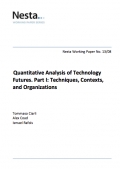 Quantitative Analysis of Technology Futures. Part I: Techniques, Contexts, and Organizations
Quantitative Analysis of Technology Futures. Part I: Techniques, Contexts, and Organizations myForesight: Malaysia's National Foresight Magazine (2nd Edition)
myForesight: Malaysia's National Foresight Magazine (2nd Edition) CfWI Future workforce matters - Issue 3
CfWI Future workforce matters - Issue 3 CfWI Future workforce matters - Issue 2
CfWI Future workforce matters - Issue 2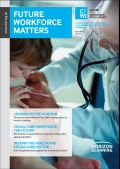 CfWI Future workforce matters - Issue 1
CfWI Future workforce matters - Issue 1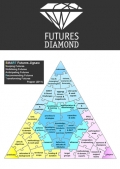 New Horizon Scanning Concepts, Practices and Systems
New Horizon Scanning Concepts, Practices and Systems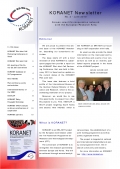 KORANET Policy Foresight Workshop in Vienna/Austria
KORANET Policy Foresight Workshop in Vienna/Austria The Use of Strategic Intelligence and Horizon Scanning
The Use of Strategic Intelligence and Horizon Scanning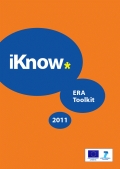 iKnow ERA Toolkit (2011)
iKnow ERA Toolkit (2011)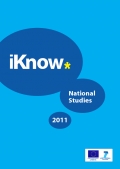 iKnow National Studies (2011)
iKnow National Studies (2011) iKnow Policy Alerts (2011)
iKnow Policy Alerts (2011) iKnow Interviews (2011)
iKnow Interviews (2011) iKnow Conference - Brussels, 27-28 October 2011
iKnow Conference - Brussels, 27-28 October 2011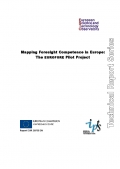 Mapping Foresight Competence in Europe: The EUROFORE Pilot Project
Mapping Foresight Competence in Europe: The EUROFORE Pilot Project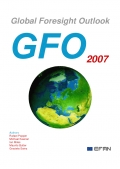 GFO 2007 - Global Foresight Outlook
GFO 2007 - Global Foresight Outlook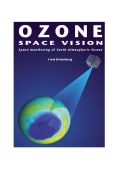 OZONE: SPACE VISION
OZONE: SPACE VISION
iKNOW has been featured in the media and several research projects:
DIE ZEIT (Germany), Financial Times (Germany), El Heraldo (Colombia), Prospective Foresight Network (France), Nationalencyklopedin (Sweden), EFP - European Foresight Platform (EC), EULAKS - European Union & Latin America Knowledge Society (EC), CfWI - Centre for Workforce Intellience (UK), INFU - Innovation Futures (EC), Towards A Future Internet (EC), dstl - Defence S&T Laboratory (UK), EFSA - European Food Safety Agency (EU), Malaysia Foresight Programme (Malaysia), Bulletins Electroniques more...
